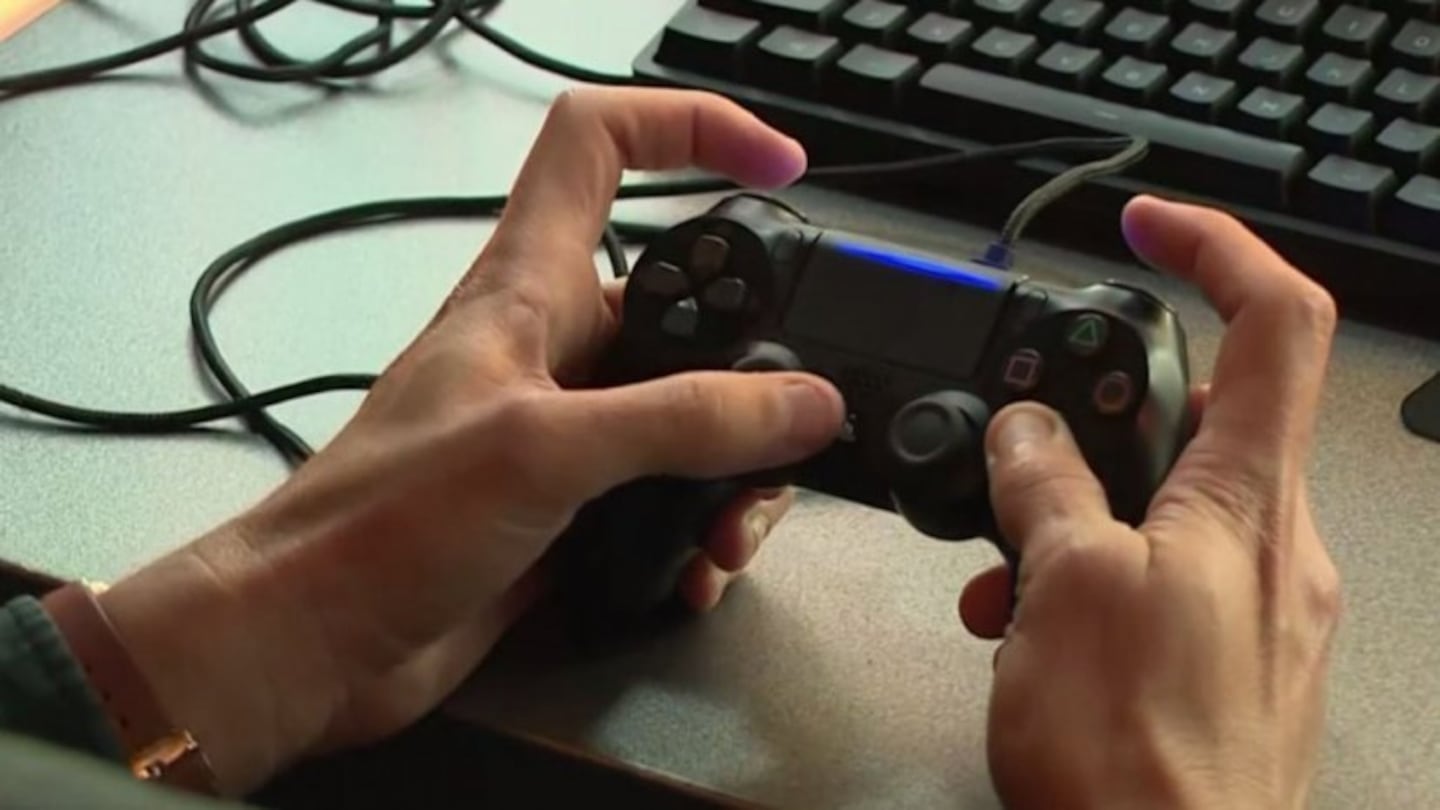The New Zealand gaming industry is being enticed across the Tasman with attractive tax incentives that could see a mass exodus to Australia.
And the small, but fast-growing Māori game development sector won't be unaffected.
The New Zealand Game Developers Association (NZGDA) has talked to the government, trying to find an urgent solution to keep one of the country's "greenest, most productive and fastest-growing sectors" in Aotearoa, instead of heading to Australia where at least 40% tax offsets and rebates incentives are now in place for game development companies to set up across the ditch.
One of the longest-serving Māori game developers, Maru Nihoniho, says the New Zealand game developers have largely "stood on their own two feet", with little government support, but now that support is needed now.
"So, when you hear about the incentives and tax breaks in Australia, it's like, great that's an industry that needs to be supported because it's huge. And then the follow-up thought on that is cool. So when do we have the same opportunity?
"It would be extremely helpful for us as well in what we're doing, and it will also allow us to bring in talent, retain talent, train talent, to keep them here, in Aotearoa, where it would be preferred to having the opposite effect of losing our talent to Australia. We just find that very, very hard to compete with that."
Makes business sense to leave
NZGDA chairperson Chelsea Rapp says existing government policies won't stop New Zealand gaming and interactive media companies from choosing to expand in Australia.
"Current R&D tax incentives are not fit for purpose and exclude most activities of the gaming and interactive media sector," she says.
Nihoniho, who established her development company, Metia, in 2003 admits she is exploring her options, including overseas to keep her company viable.
"It's run by Māori. We make Māori games. I would love to keep all our developments here or stay here myself. But, if we can't compete, then we'll probably find a way to join them. It just makes business sense," she says.
She says Māori game developers are creating content that helps educate users of te ao Māori, te reo Māori and stories that are unique to Aotearoa.
Interacting with culture
"It's another platform to tell those stories. We just don't have to write, put it in books, or in movies or on film. Now, we can put it into the gaming space, which is highly interactive, and really immersive. So you're just not sort of learning about your culture, you're actually interacting with your culture."
She says if that content is enticed overseas, or is outsourced to international companies to produce, the genuine nature of that storytelling is lost.
"It comes from our whakapapa, or our background. So we're the best people to tell those stories, if we don't get the opportunity to tell those stories on the gaming platform, then someone else is going to or someone else is going to try to, as that happens already in the world of media."
Two-phase approach pitch
NZGDA recently met Digital Economy Minister David Clark to discuss the threats posed by the Australian incentives. Rapp described the meeting as "useful and constructive."
"Because time is of the essence, we are suggesting the government implements a two-phased approach.
"First, enable game development studios to access the 20% post-digital and visual effects component of the NZ Screen Production Grant or similar. This can be implemented quickly and easily by the government.
"Second, build on that initial policy change by considering a 30% interactive digital media grant and an Interactive Industry Development Programme, which could build on the successful Centre of Digital Excellence (CODE) pilot in Dunedin.
"We believe this phased approach would be a pragmatic and smart way for the government to progress, given the urgency of the situation."

